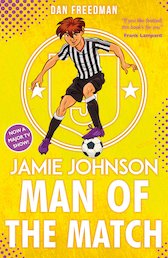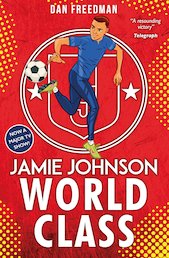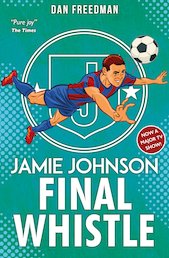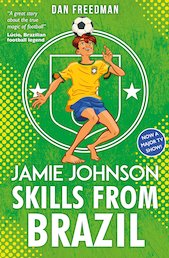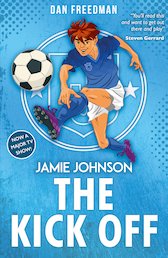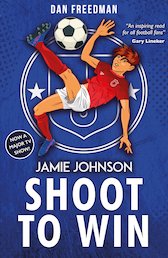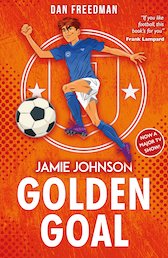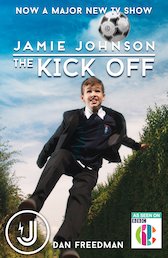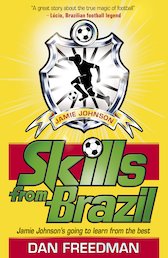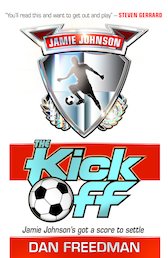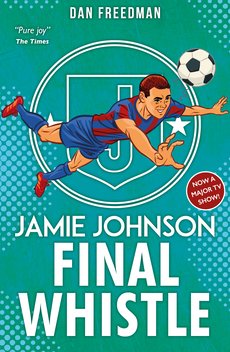Dan Freedman
Books by Dan Freedman
-
 Jamie Johnson #4: Man of the Match (2022 edition)
Jamie Johnson #4: Man of the Match (2022 edition)
-
 Jamie Johnson #5: World Class (2022 edition)
Jamie Johnson #5: World Class (2022 edition)
-
 Jamie Johnson #6: Final Whistle (2022 edition)
Jamie Johnson #6: Final Whistle (2022 edition)
-
 Jamie Johnson #7: Skills from Brazil (2022 edition)
Jamie Johnson #7: Skills from Brazil (2022 edition)
-
 Jamie Johnson #1: The Kick Off (2021 edition)
Jamie Johnson #1: The Kick Off (2021 edition)
-
 Jamie Johnson #2: Shoot to Win (2021 edition)
Jamie Johnson #2: Shoot to Win (2021 edition)
-
 Jamie Johnson #3: Golden Goal (2021 edition)
Jamie Johnson #3: Golden Goal (2021 edition)
-
 Jamie Johnson #1: The Kick Off (TV Edition)
Jamie Johnson #1: The Kick Off (TV Edition)
-
 Jamie Johnson: Jamie Johnson Pack x 7
Jamie Johnson: Jamie Johnson Pack x 7
-
 Jamie Johnson: Skills from Brazil
Jamie Johnson: Skills from Brazil
-
 Jamie Johnson #3: Golden Goal
Jamie Johnson #3: Golden Goal
-
 Jamie Johnson #1: The Kick Off
Jamie Johnson #1: The Kick Off

